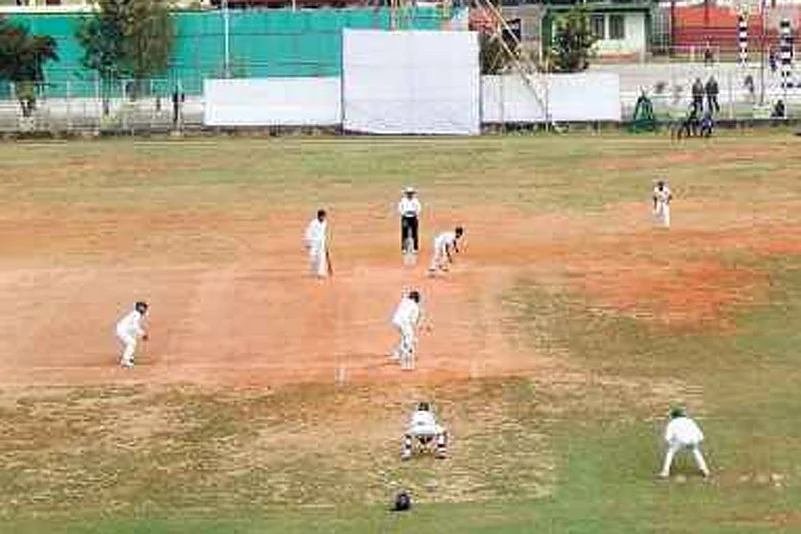In a legal victory for India, a court in the United Kingdom has cleared extradition of bookie Sanjeev Kumar Chawla, who is an accused in the 2000 match-fixing scandal.
The Westminster Magistrates' Court on Monday revised its earlier ruling and recommended to the home secretary that Chawla should be extradited to India.
Chawla, a UK-based bookie, is a key accused in the cricket match-fixing scandal involving former South African captain Hanse Cronje in 2000.
The Crown Prosecution Service (CPS), arguing on behalf of the Indian government, had in April 2018, sought an appeal over a Westminster Magistrates' Court ruling rejecting the extradition of Chawla, wanted in India.
Advertisement
Indian authorities, through the CPS team, seemed to have convinced the judges with the assurance that Chawla's rights will not be infringed on being extradited to India.
District Judge Rebecca Crane had discharged the accused after the magistrates' court hearing in London in October 2017 on human rights grounds over severe conditions in Delhi's Tihar Jail, where Chawla was to be held on being extradited.
The District Judge had noted in her judgment dated October 16, 2017, that she was satisfied there was a prima facie case against Chawla over his role in the fixing of "cricket matches played between India and South Africa during the tour of the South African Cricket Team to India under the captainship of Hansie Cronje in February-March 2000".
Advertisement
However, on hearing the expert evidence from Dr Alan Mitchell, a licensed medical practitioner and a former medical officer with the Scottish prison system, she ruled in favour of Chawla on the grounds that his human rights would be violated in Tihar Jail under Section 87, Article 3, relating to "prohibition of torture, or inhuman or degrading treatment".
According to court documents, Delhi-born Chawla had moved to the UK on a business visa in 1996, where he has been based while making trips back and forth to India. After his Indian passport was revoked in 2000, the 50-year-old obtained a UK passport in 2005 and is now a British citizen.
In details of the case that emerged in court, Chawla was introduced to Cronje, the late South African cricket team captain, in January-February 2000.
It was suggested to Cronje, by Chawla and another person, that he could make significant amounts of money if he agreed to lose cricket matches. Money was paid to Cronje at the time of the pending South African tour to India.
The tour took place in 2000, with Chawla, Cronje and others conspiring to fix cricket matches in exchange for payment, with Chawla reportedly playing a central role, including direct contact with Cronje.
The details of the offence were provided in an affidavit by Bhisham Singh, Deputy Commissioner of Police, Crime Branch (South), Delhi Police, which includes details of telephone conversations between the accused persons.
Advertisement
It's worth noting that this is the second high-profile extradition case ruled in India's favour in weeks.
A UK court on December 10 ordered the extradition of former liquor baron Vijay Mallya to India. Mallya is accused of defaulting on loans of over Rs 9,00O crore, received another blow as a Mumbai court declared him a "Fugitive Economic Offender" (FEO).
On Sunday, Mallya became the first businessman to be declared an FEO under the Fugitive Economic Offenders Act which came into existence in August 2018.
(With Agency inputs)




















